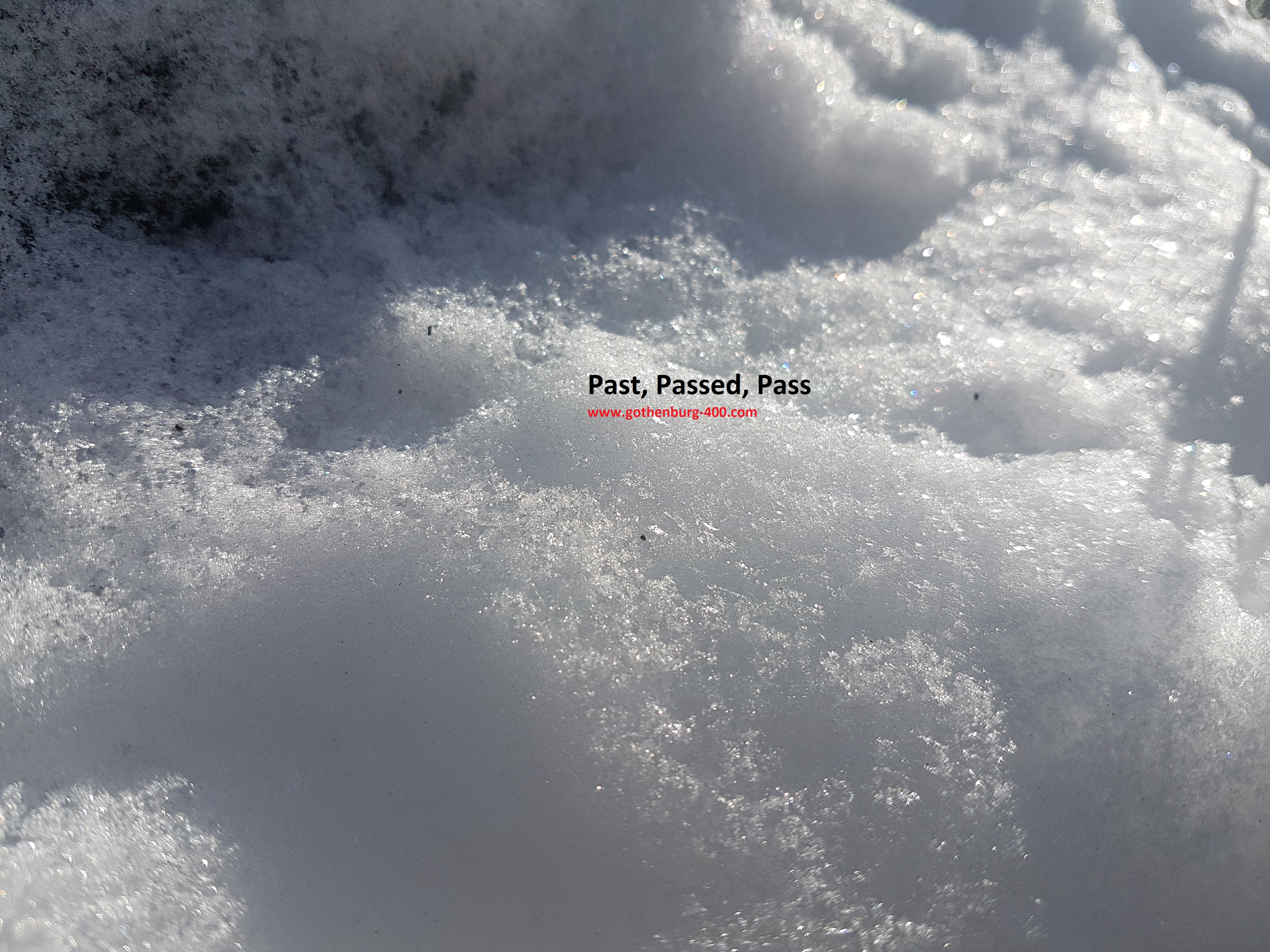

New Yorkers were chiefly imbibing ales and stouts and porters of the English style until the 1840s, when German braumeisters began to arrive on these shores with the lagers devised by their ingenious Bavarian forebears. Only about 39 percent of high school students passed the new science exam in 2016, meaning those kids were considered “proficient.” Close to 60 percent of grade school students passed, according to an analysis by the Illinois State Board of Education.This can help you remember that meaning of past. The last thing you did is now in the past, rather than the present. Past ends in the same three letters as last. This can help you remember that it is a verb meaning went by.

Passed ends in ed, like all past tense regular verbs.
Past or passed how to#
There are a few different methods you can use to remember how to use each. Passed and past have meanings that are somewhat related.


I can’t believe she thinks she can pass off that piece of junk as a real Louis Vuitton purse.to pass something off as: to make something fake appear real.Who are you to pass judgment on me? Only God can do that!.The beloved athlete passed away last night due to his injuries.If I pass muster, I’ll be able to join the football team.to pass muster: to meet the required standards.Some common expressions with pass (or passed) include the following: Those who want to become firefighters must pass physical.He passed me the ball, but I couldn’t catch it.I think it’s possible that we already passed it. It can also mean to throw something to someone or to not fail. When to use passed: Passed is the past tense form of the verb pass, which means to move by someone or something or to omit someone or something. Let’s look at some of the ways to use these words in English. I worked as a lawyer in the past, but now I work in engineering.Its two main definitions are before the present time and beyond. Past can act as an adjective, adverb, noun, or preposition. He needs to pass his math test if he wants to graduate math class.It has two main definitions that include to move by something or to move onward or to complete a test successfully. Passed is the past tense form of the verb pass.


 0 kommentar(er)
0 kommentar(er)
